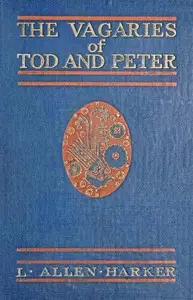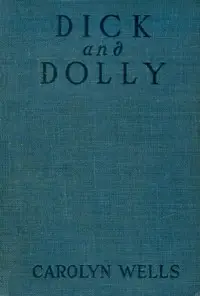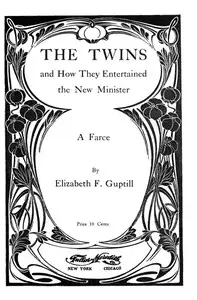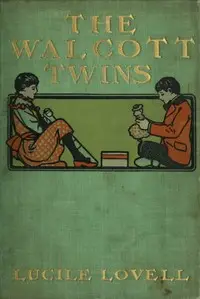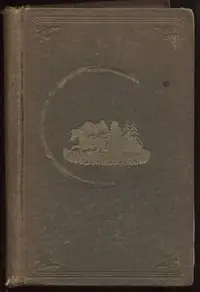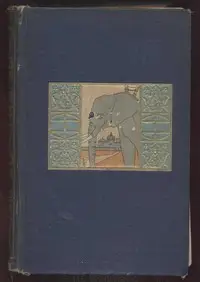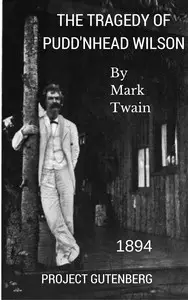"Those Extraordinary Twins" by Mark Twain is a humorous story from the late 1800s about conjoined twins, Count Luigi and Count Angelo Capello, who share one body with two heads. The story kicks off when the twins arrive at the home of Aunt Patsy and her daughter Rowena, who are taken aback by the twins' unusual appearance; the awkwardness and misunderstandings start immediately, fueled by Aunt Patsy’s confusion about their shared form. The narrative brings out the twins' contrasting personalities, showing Luigi as the more confident one and Angelo as more gentle. This sets the stage for a story that pokes fun at society while following the bizarre and funny lives of the twins as they try to fit into a world not ready for them.

Those Extraordinary Twins
By Mark Twain
Prepare for laughter as conjoined twins with clashing personalities turn one family's world upside down in this comedic tale of identity, acceptance, and social norms.
Summary
About the AuthorSamuel Langhorne Clemens, known by the pen name Mark Twain, was an American writer, humorist, and essayist. He was praised as the "greatest humorist the United States has produced," with William Faulkner calling him "the father of American literature." Twain's novels include The Adventures of Tom Sawyer (1876) and its sequel, Adventures of Huckleberry Finn (1884), with the latter often called the "Great American Novel." He also wrote A Connecticut Yankee in King Arthur's Court (1889) and Pudd'nhead Wilson (1894) and cowrote The Gilded Age: A Tale of Today (1873) with Charles Dudley Warner.
Samuel Langhorne Clemens, known by the pen name Mark Twain, was an American writer, humorist, and essayist. He was praised as the "greatest humorist the United States has produced," with William Faulkner calling him "the father of American literature." Twain's novels include The Adventures of Tom Sawyer (1876) and its sequel, Adventures of Huckleberry Finn (1884), with the latter often called the "Great American Novel." He also wrote A Connecticut Yankee in King Arthur's Court (1889) and Pudd'nhead Wilson (1894) and cowrote The Gilded Age: A Tale of Today (1873) with Charles Dudley Warner.

